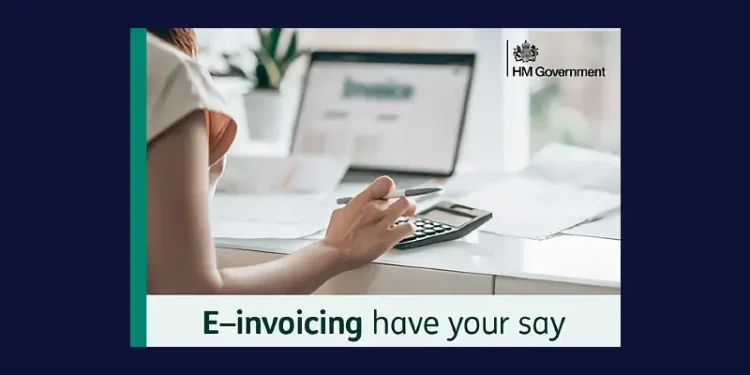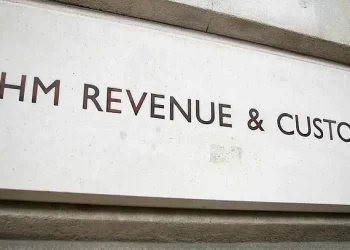The UK government has initiated a consultation on electronic invoicing (e-invoicing) to streamline business transactions and reduce paperwork. Starting February 13, 2025, this consultation will run for 12 weeks, aiming to standardize e-invoicing across businesses and the public sector.
Background and Objectives
The UK’s push towards e-invoicing is part of a broader digital transformation strategy that began with the Making Tax Digital for VAT program in 2019. This initiative aims to alleviate administrative burdens and improve tax compliance by exploring standardized e-invoicing systems for both businesses and government entities.
Potential Mandate by 2030
The government is considering making e-invoicing mandatory by 2030. This potential mandate would follow the development of legal and technical specifications, alongside pilot phases to ensure smooth implementation. The consultation seeks input from various stakeholders on these aspects.
Technological Considerations
The consultation will evaluate different technological frameworks, including centralized versus decentralized models like the 4-corner and 5-corner models. Additionally, it may consider adopting voluntary standards such as PEPPOL to facilitate interoperability among different systems.
Impact on Businesses
For professionals in finance and accounting, the shift to e-invoicing could streamline processes, reduce paperwork, and enhance cash flow management. However, it may also necessitate investments in new systems and training, impacting operational costs.
| Phase | Description | Date |
|---|---|---|
| Consultation Start | Public input gathering begins | February 13, 2025 |
| Consultation End | Conclusion of public input phase | May 7, 2025 |
| Proposal Submission Deadline | Final proposals expected by this date | November 2025 |
Additional Reading
A Final Reflection
The UK’s move towards mandatory e-invoicing represents a significant step in modernizing business transactions. While challenges remain in terms of implementation costs and system integration, the potential benefits of increased efficiency and reduced administrative burdens are substantial.
Sources: HM Revenue & Customs, Department for Business and Trade, Gareth Thomas MP and James Murray MP.









